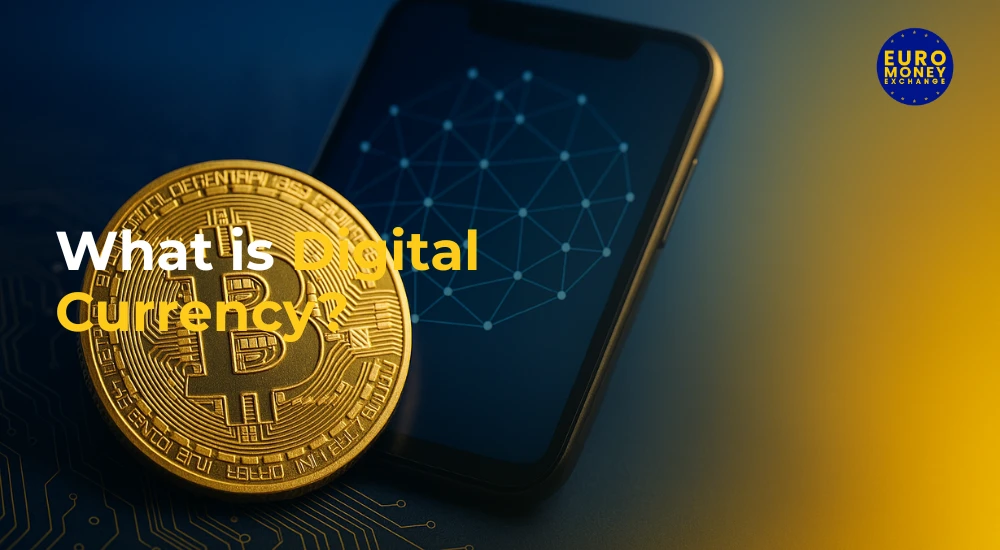Pinecrest
Monday–Thursday: 10:00 AM – 6:00 PM
Friday: 10:00 AM – 5:00 PM
Welcome to Euro Money Exchange


Monday–Thursday: 10:00 AM – 6:00 PM
Friday: 10:00 AM – 5:00 PM

Monday – Friday: 9:00 AM – 6:00 PM

Monday – Friday: 9:30 AM – 6:30 PM

Monday – Friday: 9:00 AM – 6:00 PM
Saturday: 9:00 AM – 5:00 PM

Monday – Friday: 8:00 AM – 5:00 PM